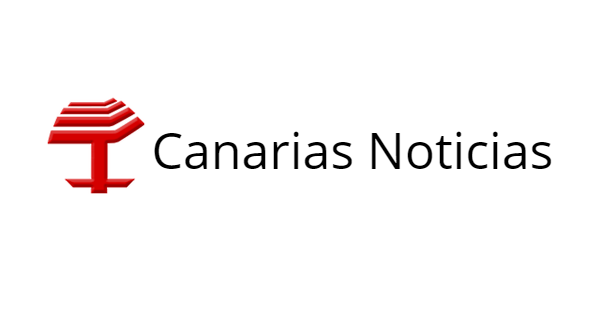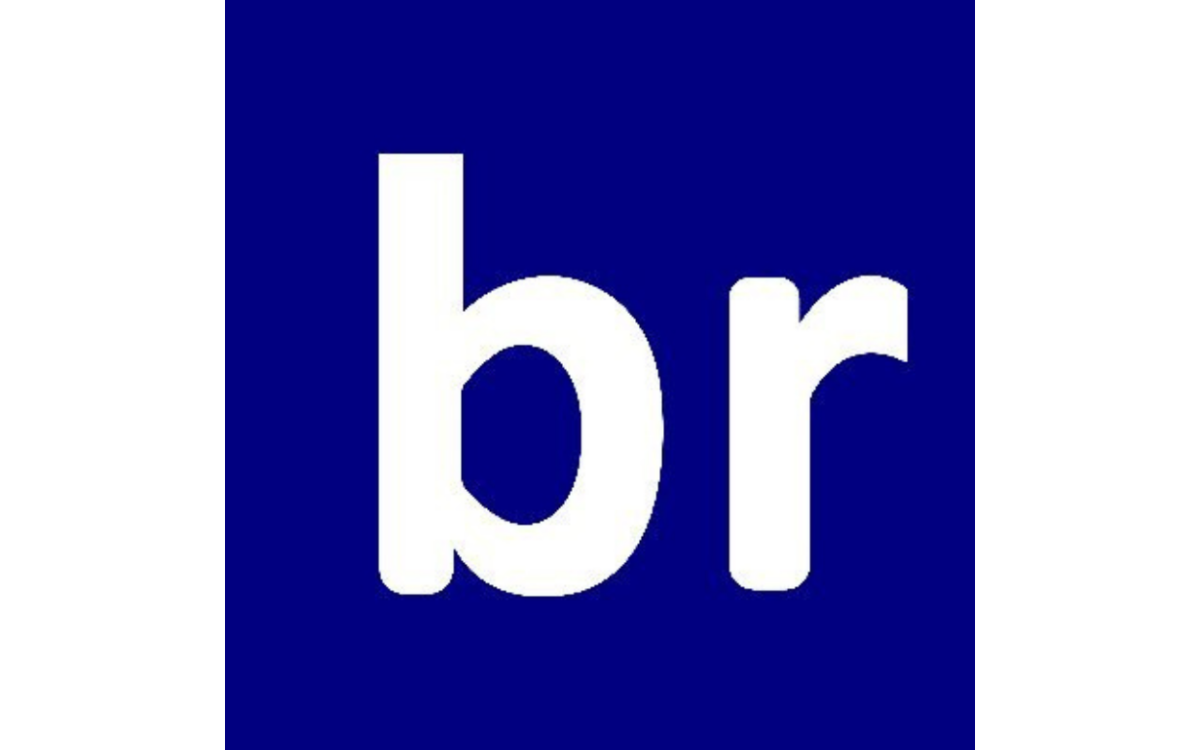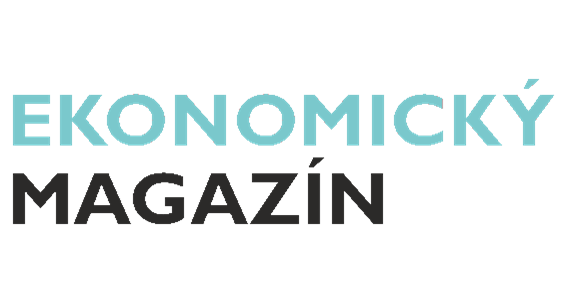Greece’s ‘Liberal Markets’ explore findings from EPICENTER’s 2024 Timbro Authoritarian Populism Index

EPICENTER, in collaboration with the Swedish research and analysis center TIMBRO, published a few weeks ago the annual study on populism in Europe (Populism Index 2024) with the aim of investigating and developing this phenomenon.
The classification into populist and illiberal parties is based on the analysis of their political positions and their rhetoric, as, obviously, no political body defines itself in these terms.



